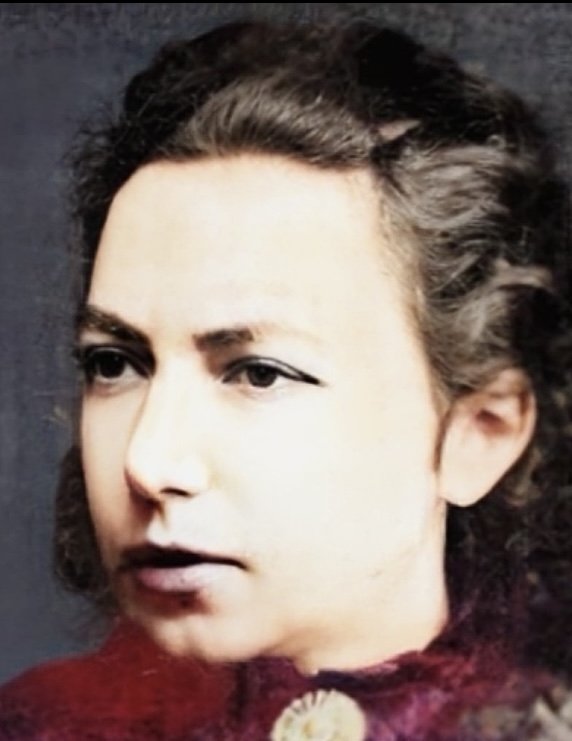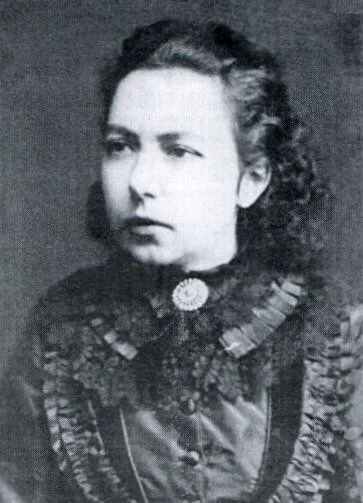Agnes Tyrrell (1846-1883)
Agnes Tyrrell was a genius composer and I’m on a mission to bring her gorgeous music to light.
Listen to a seven-minute podcast about Agnes
Listen to an hour-long podcast about Agnes
My blog about my adventures with Agnes is at jocelynswigger.com/agnesblog
Want Agnes updates? Click here!
This portrait, by the way, is made with AI, which I tried to get to show me what Agnes might have looked like smiling. Her portrait is so serious, but so much of her music has a twinkle in the eye…
Agnes Blog
Join the Agnes Movement
Program Notes for Etudes and Idylls Concert
Who was Agnes?
Agnes Tyrrell (1846-1883) was a genius composer and virtuoso pianist in the late Romantic era. She was a child prodigy with supportive family and mentors, and—unlike most other women of her time—she got the musical training her talent deserved. She was a beloved and respected performer and composer in her local music community, and she mastered her craft and left a substantial body of work. Her music is gorgeous, extraordinary, full of passion and mirth.
So why haven’t we heard of her before? One reason, certainly, is that her name was Agnes and not, say, Anton: publishers and critics of her time just weren’t prepared to take a woman seriously. Another is that she lived in Brno, the capitol of Moravia and a small city about halfway between Prague and Vienna, where people have often thought of Brno sort of like New Yorkers might think of Newark: oh, nothing artistically important could ever happen there, dahling. There’s a story that someone told a Viennese conductor “you know, there’s a young woman in Brno who has written a symphony,” to the response “you don’t think I’m so naive as to believe that, do you?” The saddest reason we haven’t heard of Agnes is that she suffered from terrible health. It kept her from the concert tours that would have made her name, and it tragically shortened her life. She died in her thirties, after years of suffering and knowing that she only had a short time to live, with hundreds of unpublished pieces.
So Agnes has been hidden and silent. But fortunately she left exquisite handwritten manuscripts that have been lovingly cared for, first by her sister Bertha and then by librarians at the Agnes Tyrell archive at the Moravian Museum (MZM) Department of History of Music.
Now Agnes’s music is coming to light, finding listeners and performers and champions. We can listen to Agnes in a spirit of radical optimism: she chose to compose and leave perfect manuscripts for the future, despite living in pain and obscurity and powerlessness. She must have hoped future musicians would find her. I mean hope as an active verb, scratching and clawing to find joy and do the work even in the most difficult times. I believe that the existence of this music proves that what is possible has always been more than we imagine.

